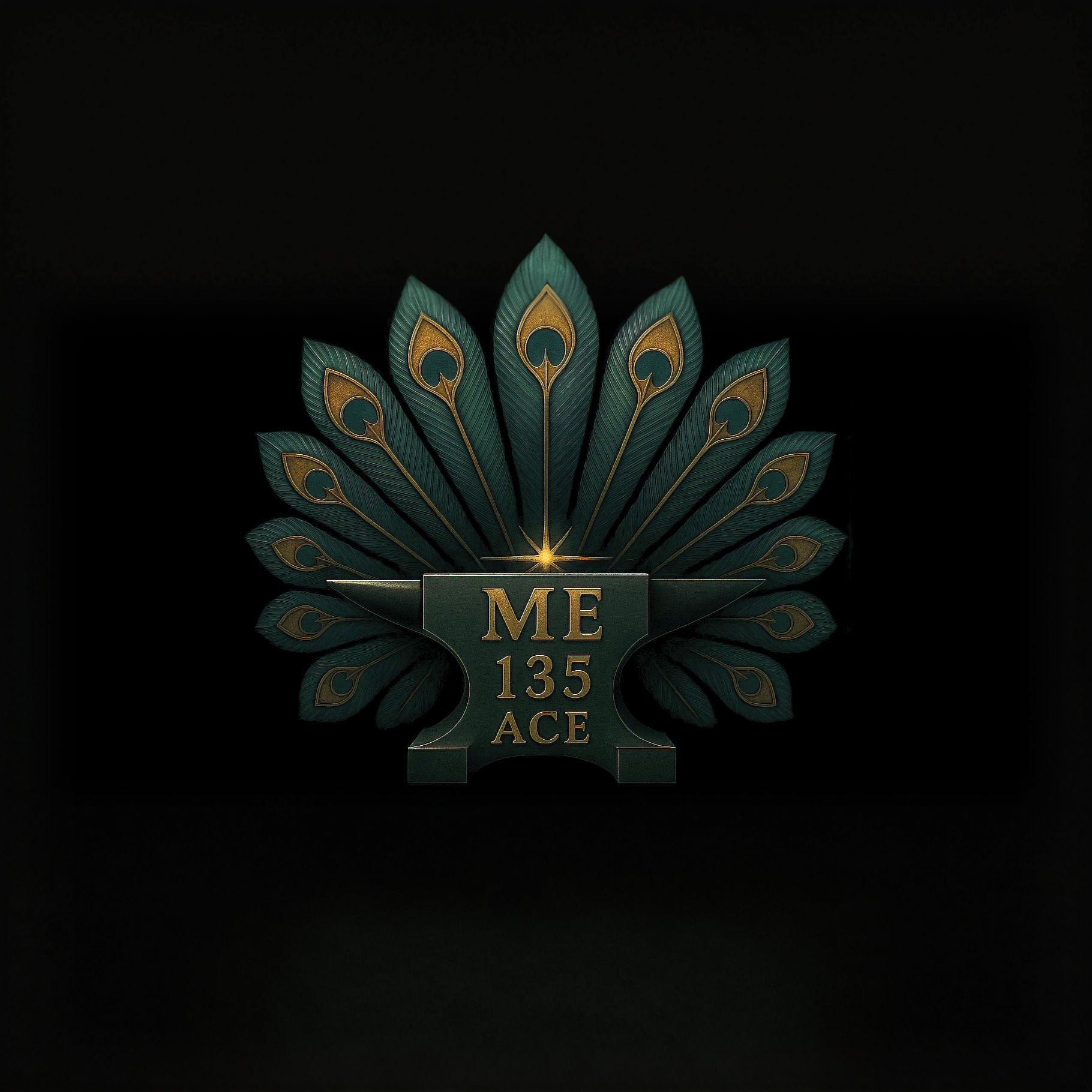In a world that often feels fragmented, the divisions created by society can seem overwhelming. From religion and politics to race and gender, these barriers can lead to misunderstanding and conflict. But amid this chaos lies a powerful antidote: self-love and compassion for others. By focusing on these principles, we can rise above societal divisions and embrace a more unified existence.
Understanding the Divisions
Society is filled with divisions that create barriers between individuals and communities. These divisions often stem from deeply rooted beliefs, cultural backgrounds, and historical contexts. For instance, a Pew Research Center survey found that nearly 70% of Americans believe that the country is more divided today than in the past. Religion can bring comfort, yet it may also lead to exclusion. Political ideologies can polarize communities, making it challenging to find common ground. Issues of race and gender contribute to inequality and foster resentment.
These divisions can lead to feelings of isolation and disconnection. When we focus on our differences, we risk losing sight of what we share: a fundamental desire for love, acceptance, and understanding. The journey toward unity begins when we recognize that beneath our varied identities, we all seek the same basic human connection.
The Power of Self-Love
Self-love is the foundation for building a more compassionate world. It means recognizing our worth and treating ourselves with kindness. Studies show that people who practice self-love report higher levels of happiness and resilience. When we cultivate self-love, we become better equipped to face the challenges that arise from societal divisions.
Practicing self-love can take many forms. It might mean setting healthy boundaries at work, engaging in self-care routines—like regular exercise or mindfulness meditation—or simply taking time to reflect on our strengths and achievements. For example, dedicating just 10 minutes a day to journaling about positive experiences can boost self-esteem. By nurturing our own well-being, we create a solid base from which we can extend love and compassion to others.

Extending Love to Others
Once we embrace self-love, the next step is to extend that love to others. This can be challenging, but it is essential for fostering unity. Compassion involves understanding the experiences of others, even when their beliefs differ from our own.
One effective way to cultivate compassion is through active listening. By genuinely hearing others' stories and perspectives, we can bridge the gaps that divide us. This practice encourages open dialogue and helps dismantle preconceived notions. Research indicates that open discussions can reduce bias by 20%.
Additionally, engaging in community service or volunteer work can connect us with others. Working alongside individuals from varying backgrounds fosters a shared purpose and understanding. For example, volunteering at a local food bank can build relationships that transcend race and socio-economic status, creating lasting bonds.
Finding Common Ground
In our quest for unity, seeking common ground is crucial. This means identifying shared values and goals that transcend our differences. Whether it's a commitment to social justice, environmental sustainability, or community well-being, focusing on these objectives can unite us.
Participating in community events that promote inclusivity can be beneficial. These gatherings provide opportunities to engage with diverse perspectives and foster belonging. A study by the National Conference on Citizenship found that communities with strong social connections have 25% more engaged citizens. By creating spaces where everyone feels valued, we can work towards a more unified society.

The Role of Education
Education plays a vital role in overcoming societal divisions. By promoting awareness of different cultures, beliefs, and experiences, we can foster empathy. Schools can be platforms for dialogue, encouraging students to engage with diverse perspectives.
Incorporating lessons on emotional intelligence, conflict resolution, and inclusivity into curricula equips individuals with the tools they need to navigate a divided world. A report by the Collaborative for Academic, Social, and Emotional Learning indicates that students who learn social-emotional skills are 11% more likely to achieve academic success. By fostering a culture of respect, we can empower future generations to embrace unity.
Building Resilient Communities
Creating resilient communities is essential for fostering unity. Strong communities provide support and a sense of belonging. We can build these communities by encouraging collaboration and open communication.
Organizing workshops and events that focus on skill-sharing can enhance community bonds. When we come together to learn from one another, we create a network of support. This network can help us navigate challenges and celebrate successes together.
Additionally, we can utilize social media to connect with others who share our values. Online platforms can help us build relationships that extend beyond geographical boundaries. By sharing our stories and experiences, we can inspire others to join our mission of unity.
A Vision for a Harmonious World
In a world marked by division, the journey toward unity begins with self-love and compassion for others. By recognizing our shared humanity and extending kindness to those around us, we can rise above societal barriers. Engaging in active listening, seeking common ground, and promoting education that fosters understanding are essential steps in this process.
As we foster self-love and compassion, we create a ripple effect that can transform our communities. Together, we can embrace unity beyond division, paving the way for a more harmonious and inclusive world. Let's take the first step towards this vision, knowing that every act of love and understanding contributes to a brighter future for all.







